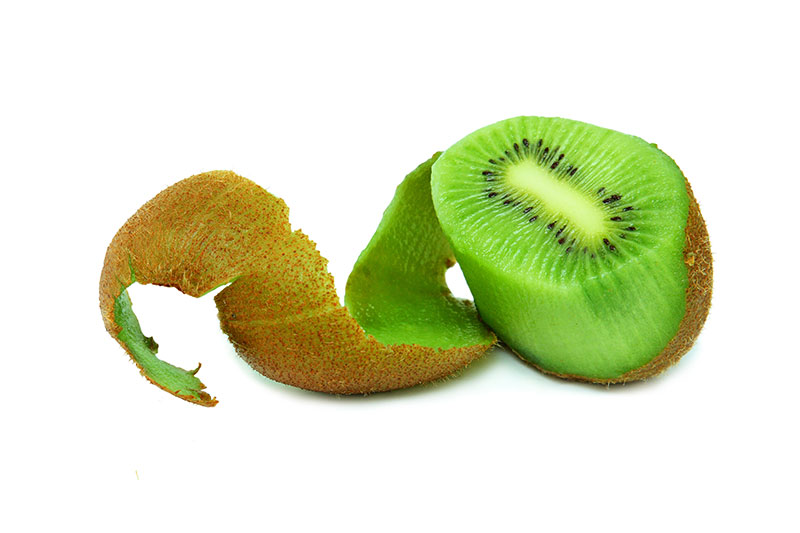Losing weight is a goal that many people strive for, and there are countless methods and strategies available to help achieve this. One effective and natural approach to weight loss is incorporating protein into your diet. Protein is an essential macronutrient that plays a crucial role in various bodily functions. It provides the building blocks for tissues, organs, enzymes, and hormones, and it also plays a significant role in weight management. In this comprehensive guide, we will explore how protein can help you lose weight naturally and provide you with valuable insights and tips for incorporating protein into your diet effectively.
Understanding the Role of Protein in Weight Loss:
Protein has several unique properties that make it beneficial for weight loss. First, it has a high thermic effect, meaning that the body burns more calories during the digestion and absorption of protein compared to fats or carbohydrates. This increased calorie expenditure can help boost your metabolism and contribute to weight loss. Additionally, protein has a satiating effect, helping you feel fuller for longer periods and reducing cravings. By including protein-rich foods in your meals and snacks, you can enhance satiety and potentially reduce overall calorie intake.
Determining Your Protein Needs:
To reap the weight loss benefits of protein, it’s important to determine your protein requirements. The recommended daily allowance (RDA) for protein is 0.8 grams per kilogram of body weight for the average sedentary adult. However, for individuals aiming for weight loss, a slightly higher protein intake may be beneficial. A range of 1.2-2.2 grams per kilogram of body weight is often recommended, depending on individual factors such as age, activity level, and muscle mass. Consult with a healthcare professional or registered dietitian to determine the ideal protein intake for your specific needs.
Choosing Protein-Rich Foods:
Protein can be obtained from both animal and plant sources. Animal-based proteins include lean meats, poultry, fish, eggs, and dairy products. Plant-based proteins include legumes, tofu, tempeh, edamame, quinoa, and nuts. Incorporating a variety of protein sources into your diet ensures that you obtain a complete range of essential amino acids, which are the building blocks of protein. If you follow a vegetarian or vegan diet, combining different plant-based proteins throughout the day can help achieve this balance.
Balancing Macronutrients:
While protein is important for weight loss, it’s crucial to maintain a balanced macronutrient profile in your diet. Include adequate amounts of complex carbohydrates, healthy fats, and fiber-rich foods alongside your protein sources. A well-rounded meal that combines protein, whole grains, vegetables, and a small amount of healthy fats will provide you with sustained energy, promote satiety, and support overall health.
Timing Your Protein Intake:
The timing of protein consumption can also play a role in weight management. Distributing your protein intake evenly throughout the day helps maintain muscle mass, supports metabolism, and prevents excessive calorie intake during meals. Aim to include a source of protein in each meal and snack. This could be a serving of Greek yogurt with breakfast, grilled chicken breast with lunch, a protein shake as a snack, and salmon with vegetables for dinner.
Incorporating Protein into Your Meals:
There are numerous creative and delicious ways to incorporate protein into your meals. Consider adding protein-rich foods to your favorite recipes, such as adding beans to salads, including tofu in stir-fries, or incorporating lean meats into soups or stews. Experiment with different cooking methods, seasonings, and spices to enhance the flavors of your protein-rich meals and make them more enjoyable.
Supplementing with Protein Powders:
In some cases, protein powders can be a convenient option to supplement your protein intake, especially for individuals with higher protein requirements or those who struggle to meet their needs through whole foods alone. Protein powders derived from whey, casein, soy, or pea protein are widely available. However, it’s important to choose high-quality products and be mindful of added sugars and artificial ingredients. Consider consulting a healthcare professional or registered dietitian for guidance on selecting the right protein powder for your needs.
Exercise and Protein:
Regular physical activity is crucial for weight loss and overall health. Protein plays a vital role in supporting muscle repair and growth, which can enhance exercise performance and facilitate weight loss. Ensure that you consume an adequate amount of protein before and after your workouts to optimize muscle recovery and promote lean muscle mass development. This could include a protein-rich snack or a protein shake within 30-60 minutes of exercise.
Monitoring Progress and Adjusting:
As with any weight loss strategy, it’s essential to monitor your progress and make adjustments as needed. Keep track of your food intake, including protein sources, and monitor changes in weight, body measurements, and overall well-being. If you’re not seeing the desired results, consider consulting with a healthcare professional or registered dietitian to assess your diet, exercise routine, and make necessary modifications to support your weight loss goals.
In conclusion, protein can be a valuable tool in your weight loss journey. By incorporating protein-rich foods into your diet, balancing your macronutrients, timing your protein intake effectively, and engaging in regular physical activity, you can naturally promote weight loss while supporting overall health. Remember to personalize your protein intake based on your individual needs and consult with a healthcare professional or registered dietitian for personalized guidance. With patience, consistency, and a well-rounded approach, you can harness the power of protein to achieve your weight loss goals naturally.
- Comprehensive Review of the Top CBD Tinctures By Slumber CBD - August 20, 2024
- How Protein Can Help You Lose Weight Naturally - July 19, 2023
- 6 Products That Will Make You Love Pinnacle CBD - June 27, 2023





